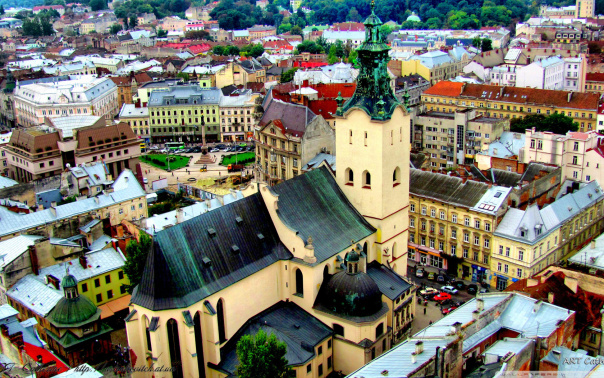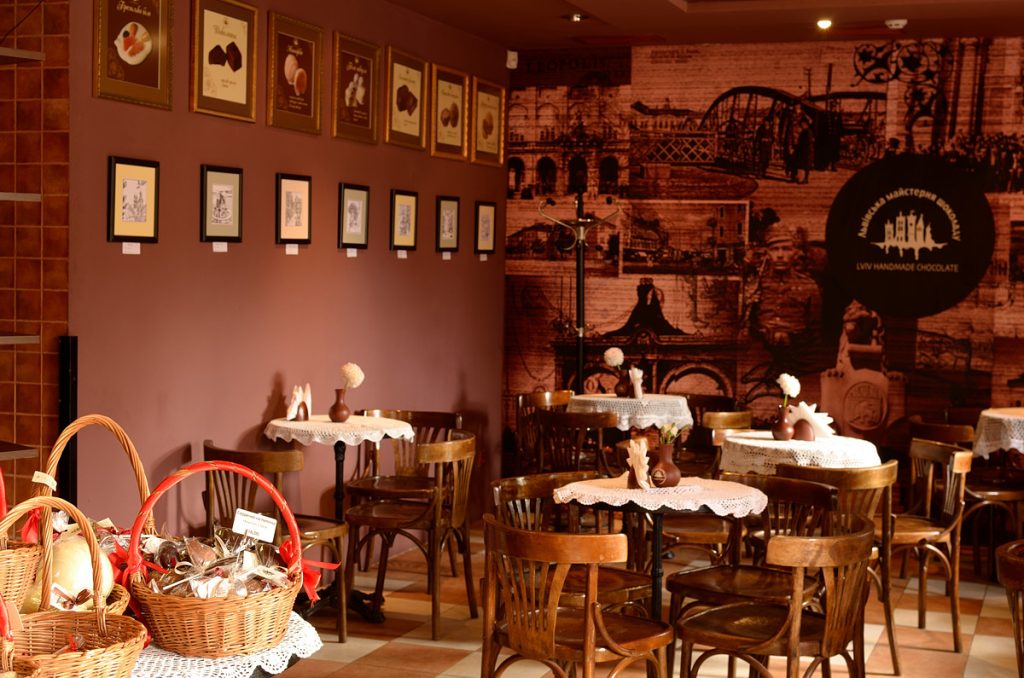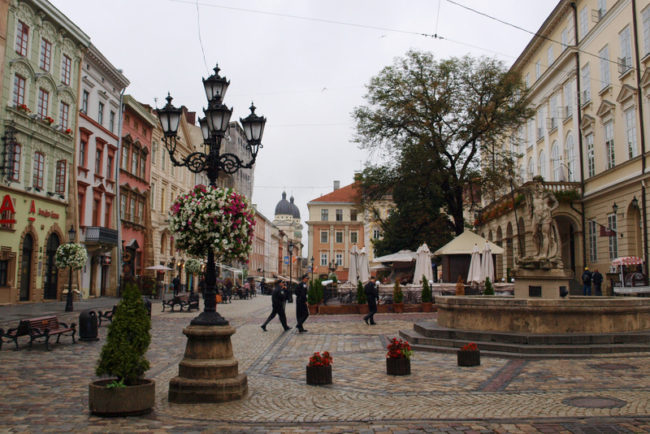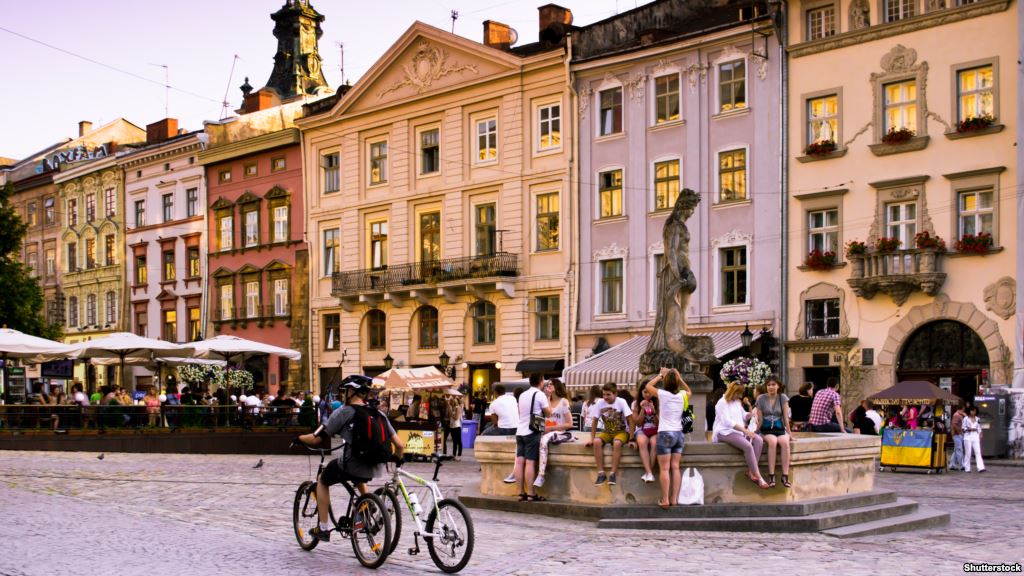Lviv is a unique city where Ukrainian traditions and European values, medieval spirit, and modern innovations were combined in an incredible way. Lviv combines different cultures and traditions, presenting various surprises to its visitors.
History
The history of Lviv counts over seven and a half centuries. Lviv arose in the 13th century as the capital of The Principality of Galicia-Volhynia. Besides its Ukrainian name, the city is also known by several other names in different languages: Polish: Lwów; German: Lemberg; Yiddish: Lemberg or Lemberik; Latin: Leopolis.
The city’s historic center is the Unesco World Heritage Site and the city’s architecture is the least Soviet in the country. Lviv’s architecture reflects various European styles and periods: Gothic, Renaissance, Baroque, Classic styles, Vienna Secession, Art Nouveau, and Art Deco. There are more than a hundred churches of different denominations in the city, where everyone can find a place for the soul.

Transportation
Lviv’s new Danylo Halytskyi International Airport – is just 7km west of the city center. There are currently direct services to/from: Vienna, Munich, Warsaw, İstanbul, Venice, Rome, Baku, Hurghada, Tel-Aviv, and several internal directions.
Lviv has a direct railway connection with Bratislava, Budapest, Warsaw, Wrocław, Prague, Kyiv, Odesa, Ivano-Frankivsk, Chernivtsi, Kremenchuk, Truskavets, Uzhhorod, Rivne, Mohyliv, Kherson, Mukachevo, Solotvyno, Mariupol, Rakhiv, Dnipropetrovsk.
Food&Drink
Local cuisine (Galician) is a combination of Ukrainian, Galician, Austrian, Armenian, Hungarian, and Polish cuisines.
Lviv is famous for its coffee shops and breweries.

History sets both tone and taste. In 1683, a native of the Sambir region (near Lviv), a merchant, and a translator Yuri-Franz Kulchytsky became one of the heroes in the defense of Vienna from the Turks. Kulchytsky, who had perfect command of Turkish, accomplished a courageous espionage operation that became crucial in breaking the Austrian capital’s siege. As a reward from the grateful people of Vienna, the Ukrainians received 300 sacks of coffee from the Turkish camp and a building in Vienna’s center, where a coffee shop «Under the Blue Bottle» soon opened its doors to visitors.
And so that is how coffee came to Central Europe. Later, with the advent of Austrian rule in Galicia in the late 18th century, the sweet traditions were firmly rooted and acquired a local coloring in Lviv. Today Lviv is a paradise for sweet tooths.
The city boasts of dozens of places, where wonderful coffee and hot chocolate are prepared, and where a variety of sweets are made on location. To pay tribute to tradition, most sweet shops are decorated in the style of the Austro-Hungarian monarchy. You get immersed in the times of Emperor Franz Joseph and will be surprised to find the 21st century outside.
Beer was brewed in Lviv since the XV century and in 1533 Polish king issued a decree allowing the brewing of beer in the city. An important role was also played by monasteries, where monks were brewing this wonderful drink from the best hops, molt, and pure artesian water. Owing to its quality Lviv beer shortly became popular in the Austro-Hungarian Empire, and later in the Soviet Union. And now in the time of Ukraine’s independence beer in Lviv doesn’t lose its legendary taste and quality and is popular among citizens and tourists.


